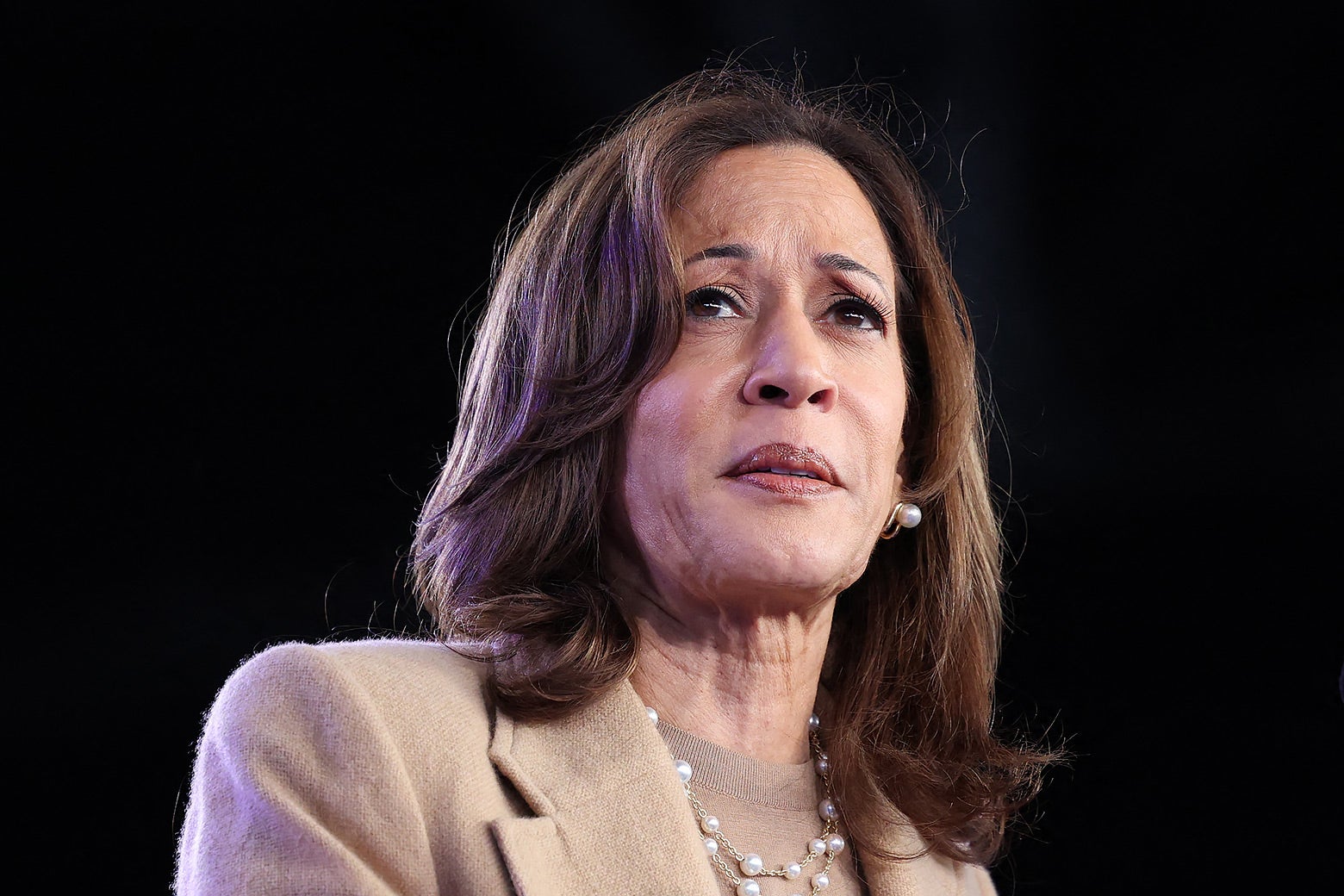Politics
Democrats Must Take This Key Action to Regain Victory

The 2024 Election: A Crucial Lesson for Democrats
American democracy faces significant challenges, and the landscape of the recent presidential election underscores this urgency. Donald Trump has emerged victorious in a tightly contested race against Kamala Harris, driven by widespread discontent among voters and an unprecedented turnout. As Trump prepares to enter office, he will do so with a solidly conservative Supreme Court, a Republican-led Senate, and potentially a House also controlled by the GOP.
The partisan divide in the United States is far from resolved; it appears likely to intensify in the coming months. Harris’s campaign will undoubtedly come under scrutiny from within her own party, but the scale of Trump’s achievements suggests a broader dissatisfaction with the current administration rather than faults in the campaign’s tactics. Early indications show that Trump has made strides in various demographics, from rural areas to urban centers, and among white and Latino voters alike. Meanwhile, Biden, the least popular president since Truman, has created a challenging atmosphere for Harris.
Trump’s campaign relied heavily on vilifying immigrants and threatening Democratic leaders, and there is little indication that the Republican Party will temper Trump’s most extreme behavior now that he’s back in a position of power. Given his support from wealthy benefactors and corporate interests, Democrats will find themselves facing a daunting road ahead, rife with chances of chaos and government dysfunction.
Across the globe, traditional parties, both liberal and conservative, are struggling. Recent electoral defeats reflect the economic upheavals that have followed the COVID-19 pandemic. Countries like Japan and various European nations are experiencing recession or stagnant growth, while the U.S. boasts a competitive economy. Despite this, surveys suggest that many Americans feel economically discontented.
This pervasive dissatisfaction indicates that the strategies employed by the Harris campaign—focusing on democracy and personal values—have not resonated effectively with voters who expect more tangible outcomes. Key demographics the campaign targeted failed to embrace it, and even suburban women, often seen as a valuable voting bloc, did not rally behind her candidacy. Shockingly, Trump is even gaining ground among Latino voters with extreme immigration stances.
This election cycle was marked by anger—a power that Trump channeled to his advantage. Americans have experienced a lengthy period racked with political frustration that begun with the 2008 financial crisis. In this climate, Democrats have often responded passively, promoting narrow legislative victories rather than rallying public support around issues of vital importance. The anger voters feel, especially in a hypothetical second Trump term, is unlikely to dissipate. Concerns about the economy, corporate greed, and government accountability remain front and center, with many viewing Washington as a place for elite corruption.
In moments of crisis, it is imperative to foster optimism. American democracy, though strained, is far from extinguished. Trump’s unpopularity suggests that there are still opportunities to win hearts and minds if the Democratic Party can reconnect with a broader section of the voting public. A key trend in recent years reveals that Democrats have fortified their position among college-educated voters while simultaneously alienating those without degrees—a formula that cannot hold in a nation where a majority do not hold a college diploma.
As Democrats attempt to recalibrate, they must find a way to harness existing public anger. It’s crucial to avoid the tendency to sidestep what many see as systemic injustices; this time calls for a firm stance against villainous political actors. Trump has proven adept at defining his base through the language of enemy-making, often framing immigrants as outsiders to garner support.
To counter this, Democrats need to cultivate a narrative grounded in accountability. Historical patterns within the Democratic Party disinclined to confront wrongdoers have only intensified public frustration. From Barack Obama’s reluctance to address past administrative misdeeds to a general failure to hold high-profile financial criminals accountable following the 2008 recession, these patterns can no longer stand. The current Democratic leadership, in its avoidance of confrontation, has alienated many voters, resulting in a perception that the party is reluctant to challenge the status quo.
If Democrats genuinely wish to champion democracy and public welfare, they must clearly articulate their opposition to harmful practices and the actors behind them. It’s time to identify the real battles that require fighting, for the future of democracy is contingent upon such clarity.
